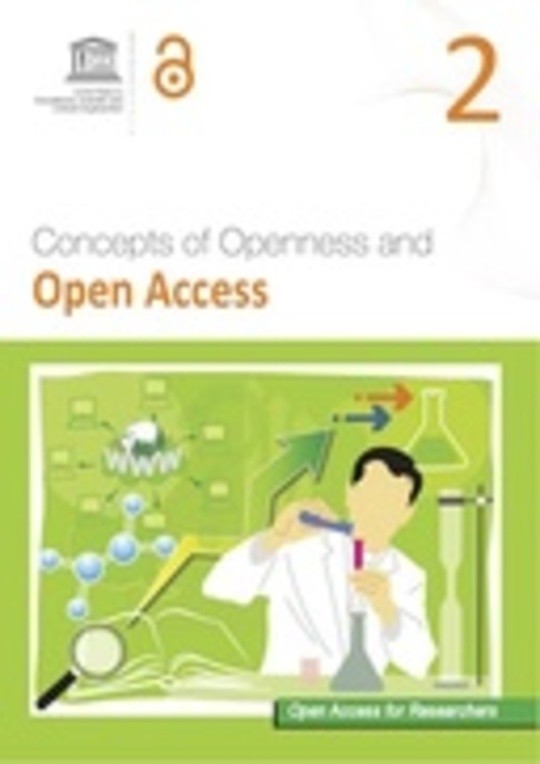
This Module, titled “Concepts of Openness and Open Access”, has elaborately discussed different perspectives of openness, particularly which deal with open access movement. There are different modes of open access, namely, gold, green and hybrid, for making peer-reviewed research literature freely available to worldwide audiences. In addition making them freely accessible, certain OA literatures offer various degrees of rights exemptions, such as freedom to share, copy, distribute, modify, remix and reuse. This type of literature is known as Libre Open Access.
Other modules:
- Open Access for Researchers 1: Scholarly Communications
- Open Access for Researchers 3: Intellectual Property Rights
- Open Access for Researchers 4: Research Evaluation Metrics
- Open Access for Researchers 5: Sharing your Work in Open Access
The development of the modules has been undertaken very carefully and the development process covered diverse opinion in the subject area, and in consultation with more than 50 experts to include diversity and expertise from the developing south.
The OA curricula developed by UNESCO includes a set of customized modules which can be easily be fitted with the educational needs of different OA stakeholders and can be integrated with any sensitization programmes of OA.
The curricula for researchers entitled “Open Access for Researchers” addresses OA issues within the community of research scholars. The modules cover the subject areas of Scholarly Communications, Concepts of Openness and Open Access, Intellectual Property Rights and Research Evaluation Metrics. The first four modules have been developed to nurture researchers with an elaborate understanding of the genesis, objectives, processes, types and existing limitations of OA scholarly communication, which include insights into the issues related to IPR, the methods and limitations of the process of peer reviewing and the concepts and roles of E-journals, databases, ICTs, OSS and other OERs. The final and fifth Module entitled “Sharing your Work in Open Access” provides a step-wise guideline for researchers about the process and options available for publishing their research work.
These curricula were developed after undertaking two detailed capacity building need assessment studies of librarians and researchers on Open Access. A multi-stakeholder expert meeting was organized in New Delhi, where 23 experts participated to finalize the curriculum. Two online consultations were also held to substantiate the expert meeting, which helped UNESCO to outline the content for each of the curriculum and provided a framework to develop modules.
The curricula were developed with the help of Commonwealth Educational Media Centre for Asia (CEMCA), New Delhi of the Commonwealth of Learning (COL).









